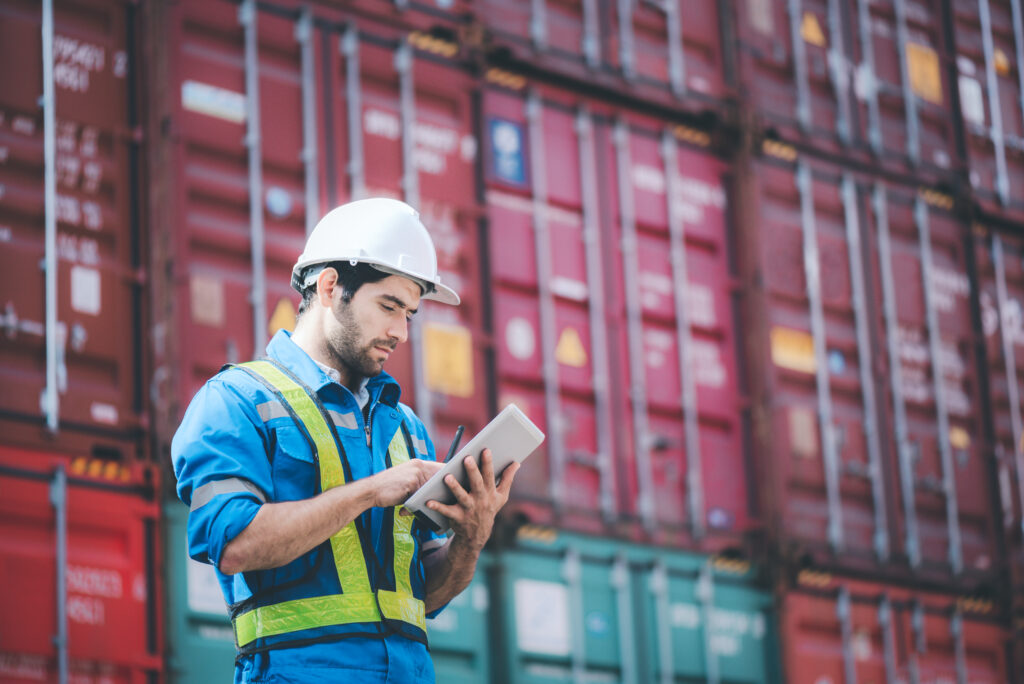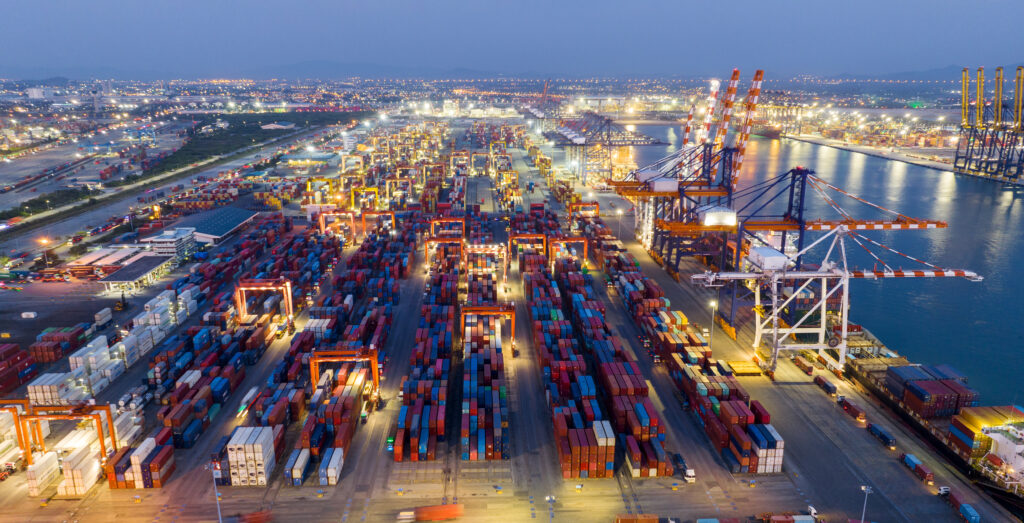In global trade, the stakes are high—especially when it comes to high-value imports and exports. Whether you’re moving electronics, pharmaceuticals, luxury goods, or precision machinery, ensuring the safe and compliant freight transfer of sensitive international cargo is non-negotiable. From port to warehouse, and every mile in between, businesses must adopt advanced strategies for transloading and drayage services to protect their international cargo, bottom line, and maintain customer trust.
Why High-Value International Cargo Requires Specialized Handling
Unlike standard shipments, high-value freight demands heightened security, precision, and regulatory compliance. A single misstep during freight transfer—whether during drayage from the port or transloading between modes—can result in costly damage, theft, or delays. Therefore, importers and exporters must prioritize logistics partners who specialize in handling sensitive international cargo with care and expertise.
Best Practices for Secure Transloading Services
To begin with, choosing the right transloading services provider is critical. Look for facilities equipped with:
- 24/7 surveillance and access control
- Climate-controlled environments for temperature-sensitive goods
- Automated inventory tracking systems for real-time visibility
- Specialized equipment for fragile or oversized cargo
Moreover, ensure that your provider follows strict chain-of-custody protocols. This minimizes the risk of tampering and ensures accountability throughout the freight transfer process.
Drayage Services That Minimize Risk with International Cargo
When it comes to drayage, speed and security go hand in hand. High-value international cargo should never sit idle at ports or terminals. Instead, work with drayage providers like PITT OHIO who offer:
- Expedited pickup and delivery
- GPS tracking and geofencing
- Driver vetting and training for sensitive freight
- Insurance coverage tailored to high-value goods
Additionally, integrating intermodal logistics into your strategy can reduce exposure to risk by limiting unnecessary handling and optimizing route efficiency.
Compliance Is Key
Importers and exporters must also navigate a complex web of regulations. From customs documentation to hazardous material handling, compliance errors can lead to fines, delays, or even seizure of goods. Partnering with logistics providers who understand international trade laws—and who offer customs brokerage support—can streamline the process and reduce liability.
Technology as a Safeguard
Advanced logistics technology is transforming how businesses manage high-value freight. Tools like blockchain for secure documentation, AI for predictive risk analysis, and IoT sensors for real-time cargo monitoring are no longer optional—they’re essential. These innovations not only enhance security but also improve transparency and customer satisfaction.
Protecting your high-value imports and exports is more than a logistics challenge—it’s a strategic imperative. By investing in secure transloading services, reliable drayage, and compliant freight transfer practices, businesses can safeguard their cargo, reputation, and bottom line.




